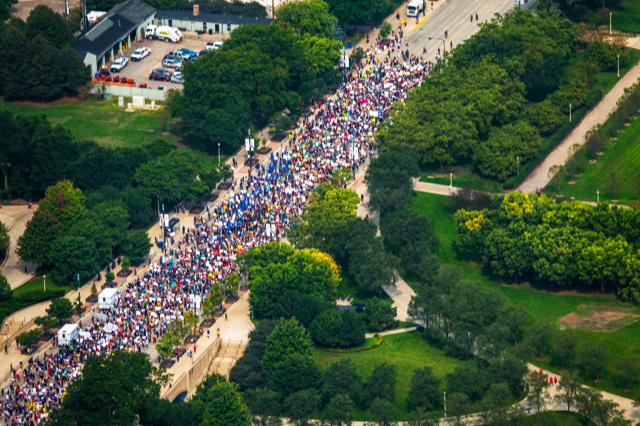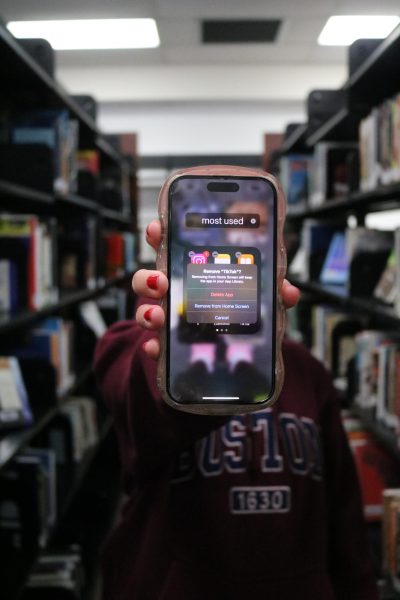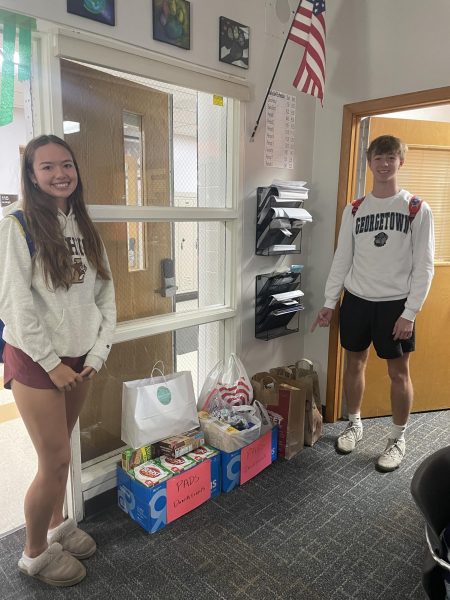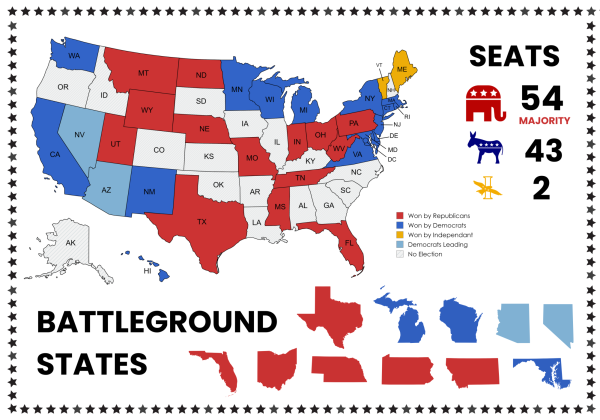Youth climate activists continue strikes in efforts to enact policy
Students from LHS are looking to change the culture surrounding climate change as well as enact local, state, and national policies related to the climate through youth strikes and other lifestyle changes.
The most recent Chicago climate strike was Oct. 7, where young people from organizations such as Illinois Youth Climate Strike, Extinction Rebellion Movement and Sierra Club joined to protest for climate justice.
Many young protesters cite evidence that climate change has already shown in the form of hotter-than-average summers and an increase in wildfires, which many scientists attribute to global warming, primarily because of the effect of warming on temperature, precipitation and soil moisture, according to Sightline Institute, a site that provides policy research on matters including the environment and clean energy.
For many young people, the strikes are opportunities to freely express their discontent with the lack of action over climate change. Swedish 16-year-old Greta Thunberg has gained prevalence internationally since her early strikes in Swedish Parliament, and her activism provides an example of action many youths are attempting to take.
These youths are, in part, motivated by a 2018 report from the International Bioethics Committee issued by the United Nations, which expressed that there were 12 (now 11) years to reverse what could be permanent, worldwide effects of climate change.
“That caused a lot of panic in me and a lot of other students because 11 years is not a lot of time…in 11 years, I won’t even be 30 yet,” stated senior Jessica Li, Creative Director of the Illinois Chapter Youth Summit.
Li began working for the Illinois Chapter Youth Summit in March, but she had already established contact with the Illinois State Lead Isabella Johnson, a student at Benet Academy in Lisle. Li emphasized that it is a movement driven by young people and their passion for a better future.
“It’s really, really inspiring because it’s amazing that young people [who] can’t even vote yet are so involved in politics and are so passionate about democracy, that they want their opinions to be heard [and] they care about the country and their future,” Li expressed.
Many high school-aged protestors miss school in order to attend protests and events related to climate-change action. According to Inside Climate News, the New York City public school system even stated publicly to its 1.1 million students that they would be excused if they attended the Sept. 20 Global Climate Strike organized by the Global Climate Strike Coalition.
“I think that definitely there’s a level of desperation because I don’t think in any sense it’s normal for kids to skip school to protest for something to try to save their future,” shared Li.
Being a high school student and an environmental activist can and, in Li’s case, does, affect her life at high school overall.
“I don’t think I have had the most normal high school experiences, especially lately as climate strikes have become more and more intense in the city,” explained Li.
Li elaborated that she has meetings in Chicago every other weekend, and that her involvement takes a lot of work.
“What we’re planning — it feels very adult; we have to get our own permits, we’re paying for the permits, we’re talking to police, organizing everything and making sure everything goes smoothly. We’re planning it all on our own,” Li explained.
Many students who partake in the strikes have passions for other social issues that make them likely to protest causes besides climate change.
“A lot of us [would] probably be involved in something similar even if climate change wasn’t happening,” expressed Li. “The world isn’t perfect, so there’s always going to be stuff to fix, to change.”
While not all young people are as directly involved in the climate change justice movement through protests and strikes, some have made changes to the way they live as an effect of their climate change awareness.
“I [have been volunteering] at Shedd Aquarium, so for a really long time I’ve been really learning about climate change, especially because they like to focus on it a lot because the animals [are affected],” stated senior Sofia Denkovski.
Denkovski’s experience volunteering at the Shedd has taught her proper ways to recycle and be mindful of what goes in the trash and what foods tend to require the most water and land usage.
“Whenever an item is recyclable, [there is a] recyclable sign and there’s a number in between, and if it’s a two, you can just never actually recycle it, which is something that I really didn’t know before,” expressed Denkovski.
Protests and strikes led by youths are by no means new phenomena, but it presents a perspective to young people today that can affect how capable they see themselves.
“Right now [the protests are] very much youth-led, and I think that’s really empowering because a lot of times youth aren’t taken seriously or their voices are added as backup instead of at the forefront,” stated Li. “It’s amazing that we have opportunities like this and that people are so passionate about what they do.”




![Mr. Abullh Ali, manager/assistant, helps open Queen Yemeni Coffee in downtown Libertyville at 606 North Milwaukee Ave. With the help of employees such as manager and LHS senior Yousef Taha, they are able to bring the Yemeni and Ethiopian culture to Libertyville by using their Queen spices, cinnamon and cardamom in their drinks such as Adani Chai, which is inspired by Sheda, the Queen of Yemen and Ethiopia. “The history of our coffee [is] a long history and we believe that Yemen and Ethiopia started the coffee and we are bringing something unique to the community,” Mr. Ali said.](https://www.lhsdoi.com/wp-content/uploads/2025/04/Photo-1-600x400.jpg)







